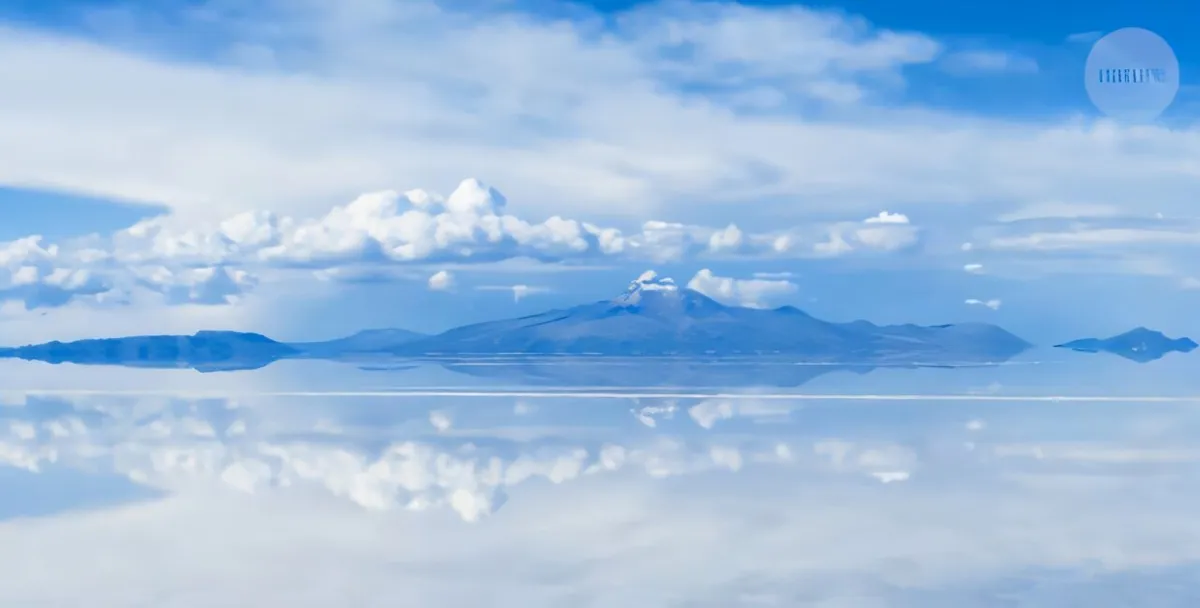
The Salar de Uyuni, located in Bolivia, is renowned as the largest salt flat in the world. This breathtaking natural wonder attracts countless tourists every year, especially when its surface transforms into a stunning mirror-like phenomenon after rainfall. The thin layer of water creates a reflective surface that captivates visitors, making it one of the most sought-after photography spots on the planet.
While many travelers have marveled at the flat's mirror-like appearance, this phenomenon had not been scientifically validated until recently. A groundbreaking study published in the journal Communications Earth & Environment aimed to confirm this visual effect and delve deeper into the complexities of the Salar de Uyuni’s surface.
Despite its popularity, studying the mirror effect of the salt flat poses significant challenges. During the wet season, the vast interior of the Salar de Uyuni is often inaccessible, making it difficult for researchers to gather data. Most of the existing evidence regarding the mirror effect relied on anecdotal accounts and tourist photographs, depicting the stunning reflections of clouds, sky, and even the mountains.
To overcome these challenges, scientists developed a comprehensive two-part approach. They utilized data from Sentinel-3 satellites, which are equipped with advanced radar altimeters capable of sending radar pulses to measure the surface. By analyzing over 390,000 radar measurements collected between 2016 and 2024, researchers aimed to assess the smoothness of the salt flat’s surface. The stronger the radar return signal, the smoother the surface is determined to be.
To ensure the accuracy of their findings, the research team conducted field tests during the peak wet season in February 2024, coinciding with a Sentinel-3 satellite passing directly overhead. This allowed them to gather on-the-ground data using optical tools to measure the water's surface. Additionally, a drone was deployed to capture images of the sun's reflection, providing visual confirmation of the surface's smoothness.
The results of the study revealed that the Salar de Uyuni is not merely a vast, uniform mirror. Instead, the researchers noted in their paper that the surface varies from location to location and changes over time. The most significant mirror-like conditions occur after substantial rainfall, before the water has had a chance to evaporate. This finding underscores the direct correlation between climatic conditions and the mirror effect.
The researchers concluded that the ideal time to witness the mirror effect is between late January and early March, coinciding with the region's rainy season. One of the more unexpected discoveries was that wind does not disrupt the mirror effect as one might assume. Typically, a breeze would create ripples on the surface, breaking the reflective quality; however, the study found that the shallow nature of the water prevents wave formation, allowing the mirror to remain intact.
The findings from this extensive research not only confirm the stunning visual effect of the Salar de Uyuni but also highlight the intricate relationship between the salt flat’s surface and the local climate. This research enhances our understanding of one of the most extraordinary natural phenomena on Earth, reaffirming the Salar de Uyuni's status as a must-visit destination for travelers and nature enthusiasts alike.